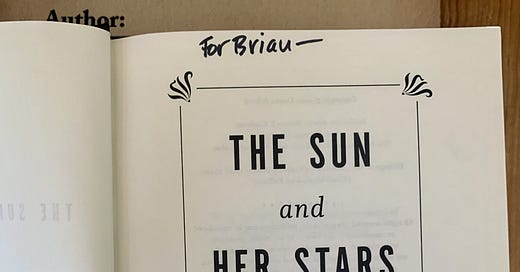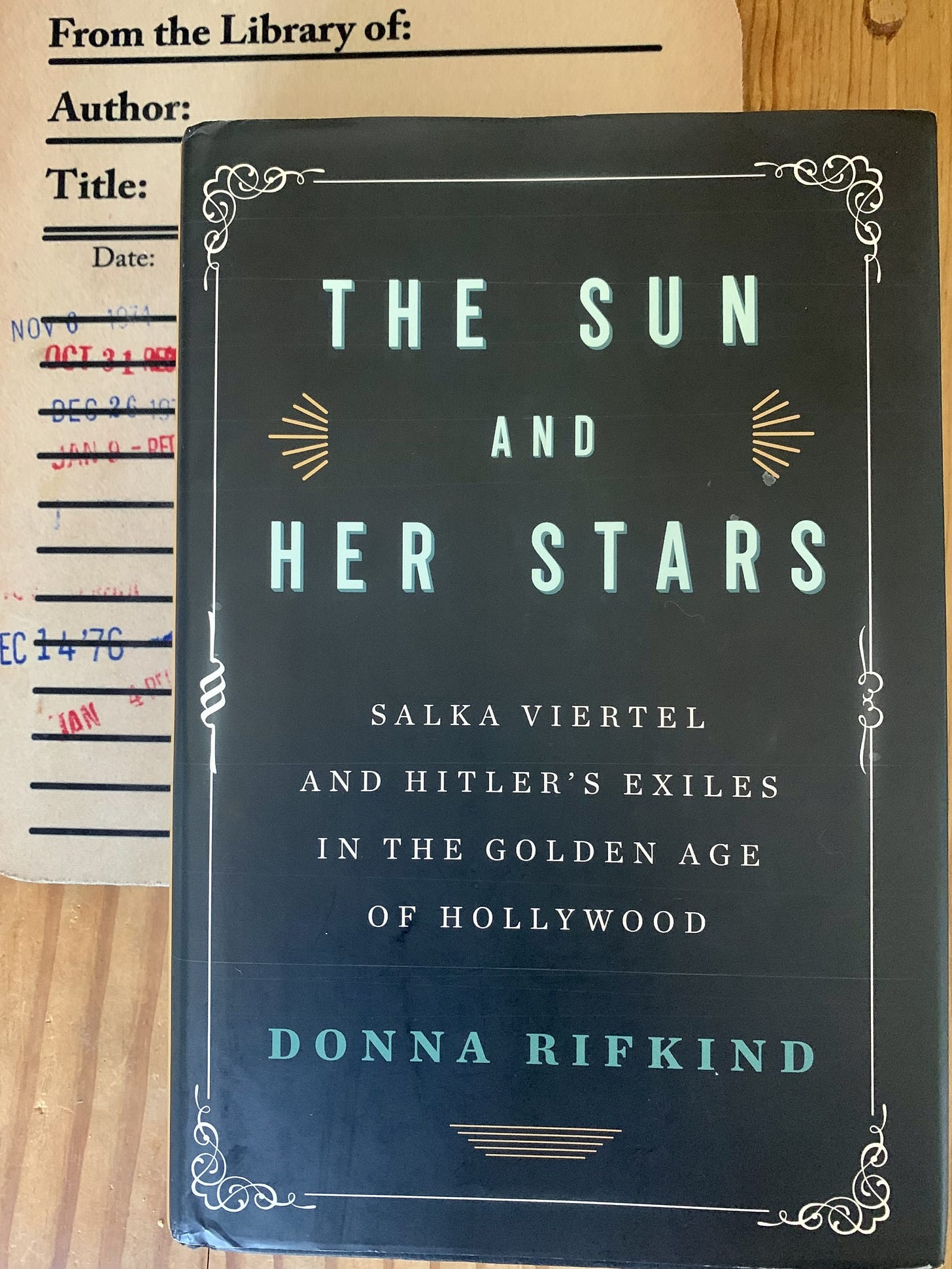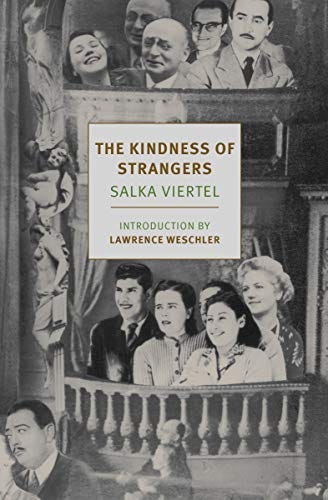There’s a favorite essay by the great poet Marianne Moore called “Humility, Concentration, and Gusto”, which are the three ingredients, she suggests, that make the very best artist. I often confuse humility for self-disgust, and I have the attention span of a hyperkinetic three-year-old, so that just leaves me with a surfeit of gusto, or what might be called “enthusiasm”.
I hold a special place in my heart for The Enthusiasts (a book I’d like to write someday if I could just get a little more humility and concentration)—artists that might be minor in stature, but major in their intent to bring great art to the attention of a larger audience. They might be excellent singer-songwriters like Dave Alvin or Manu Chao, they may be tireless and meticulous translators like the late Edith Grossman, the great Jennifer Croft, or the heavyweight Constance Garnett. Writer-editors like Carl Van Vechten, that champion of the Harlem Renaissance. Even rich art benefactors like Peggy Guggenheim, who knew where the money oughta should be thrown.
And then there’s Salka Viertel. In The Sun and Her Stars: Salka Viertel and Hitler’s Exiles in the Golden Age of Hollywood, my old school chum Donna Rifkin tells the sometimes sad, sometimes delicious history of Salka Viertel, whose home was an unofficial salon for so many of the immigrants and refugees during the diaspora from Hitler’s Germany—Jews, intellectuals, women, artists—who would come to her place because there was always somebody to talk to who understood the loneliness of being an exile. She always had a pot of soup on the stove. Soup is all it took to be one of the great enthusiasts
.Greta Garbo hung around. There’s an hilarious anecdote about the 12-tone composer Schoenberg almost writing the soundtrack to the movie version of Pearl Buck’s The Good Earth. Shelley Winters, Christopher Isherwood, Bertolt Brecht, Charlie Chaplin, Thomas Mann, all talking, wheeling, dealing, and having a bowl of soup. The Sun and Her Stars is like a highbrow version of Hollywood gossip books, a sort of inverted You’ll Never Eat Lunch in this Town Again. The index, in itself, is a great read!
You can also read Viertel’s own memoir, The Kindness of Strangers, with an introduction by the great Lawrence Weschler and an afterword by Donna. Dear Donna, you were always good in bed, but those dorm room twin mattresses only fit me and your book
.






